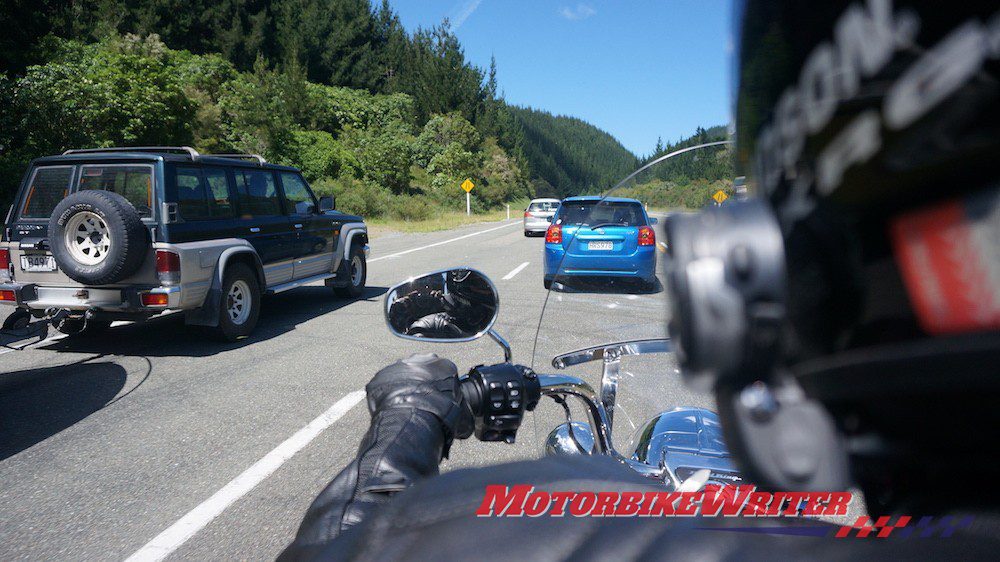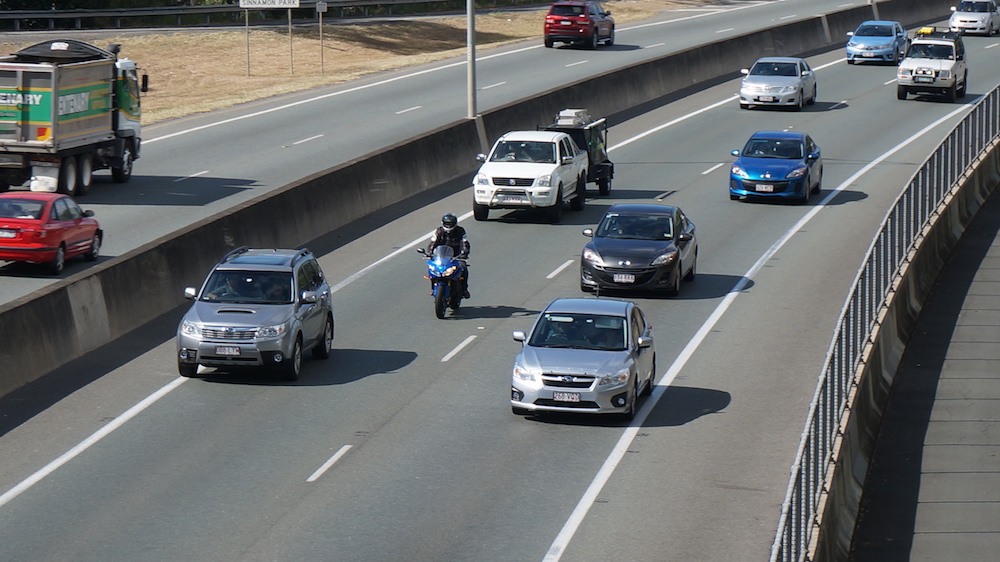Years of rigid speed enforcement have created a herd mentality that could be just as dangerous as having high-speed lunatics in our midst.
Over the past 20 years, traffic in our nation has been beaten into submission by the heavy handed use of speed cameras and police patrols.
The road safety rhetoric has changed from the dangers of hooning to the dangers of even being 1km/h over the limit.
The latest Queensland Transport road safety campaign is about driving “smarter” not faster.
It says that “half of all speeding crashes happen at just 1 to 10km/h over the limit”.
Of course most accidents happen at that speed, because most people now drive within 10km/h of the speed limit!
Herd mentality
With everyone driving within 10km/h of each other, it takes vehicles ages to pass slower traffic.
We also have a breed of arrogant motorists who think it is ok to hog the right lane because they are doing the maximum legal speed.
Consequently, our highways and major multi-lane roads have a constant herd of motorists travelling in all lanes at roughly the same, legal speed.
But has it created an even and orderly flow of traffic that delivers motorists safely to their destination?
No.
The road toll is still too high, traffic snarls are getting worse while road rage and motorist frustration levels are through the roof (if you have one!).
Riders at most danger

While motorcyclists can now avoid some of the snarls and frustration by legally lane filtering, they are also the most vulnerable vehicles in this deadly mix.
Hemmed in by motorists who won’t move over, motorcyclists are in danger of becoming invisible in the traffic.
Clearly the continuing road safety strategy of greater adherence to strict speed limits and frequently changing speed zones is not working.
These strategies only serve to force us to gaze at our speedos instead of the road which means drivers can easily miss a motorcyclist darting through the traffic.
Lane discipline
One effective safety strategy is more lane discipline on multi-lanes roads as practised in Europe.
Why don’t police patrol for drivers illegally hogging the right lane?
And why aren’t trucks (vans, caravans, etc) restricted to the “slow” lane as they do in Europe?
The answer: Because it is easier to deploy speed cameras which generate millions in revenue.



